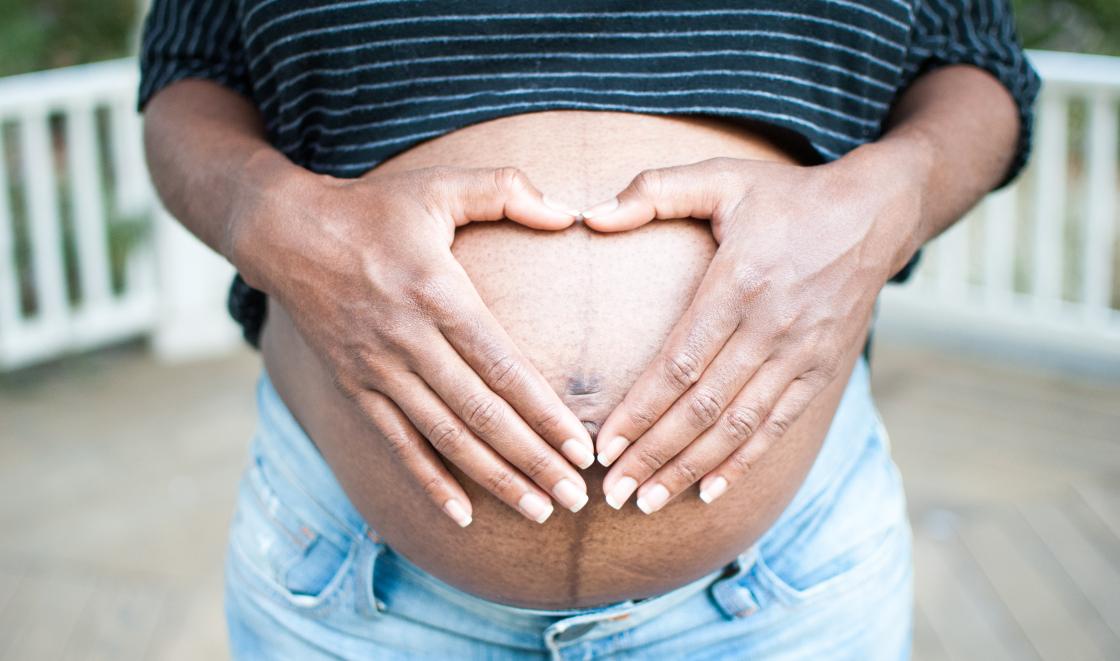You see, my response is not an anomaly. For decades, scrap that, for centuries the experiences of Black and Brown women have been extracted at our expense within obstetric research. Take the founding father of gynaecology James Marion Sims, who created the surgical technique that repaired obstetrical fistula at the cost of experimenting on a group of Black enslaved women in America without anaesthesia. Or Francois Marie Prevost who pioneered caesarean section surgeries on, again, American enslaved women’s bodies through repeated experimentation.
Understandably these horrendous early examples (and there are many many more) of “service user involvement” of Black and Brown women for research purposes have set a tone, on a deep structural level, of distrust within the Black community. As slavery ended, the exploitation of Black women for obstetric research did not cease. Let’s take birth control, for example. The first large-scale human trial of the birth control pill was carried out in Puerto Rico in the 1950s with women who knew that the pill prevented pregnancy, but had no idea that it was experimental or that by using it they were taking part in a clinical trial, which like all clinical trials carries risks.
Even in 2020 modern Britain, Black women’s knowledge and experiences are still being extracted in plain daylight for research purposes. It was Natasha Smith, Founder of The Women’s Health and well-being initiative and a Black mother of two herself, who first brought to my attention that a fund to research Covid and BAME communities was awarded £0 from a pool of £4.3 million to Black academic leads, despite Black academic leads applying to the fund.
What needs to be understood is that Black mothers are out there. Black mothers want to be engaged. And we want to be engaged in a way that leads to actionable outcomes and an uplift in our communities. What we don’t want is to be exploited. It is this fear of exploitation that makes Black women hard to reach.
So how can we overcome this?
First, and glaringly obvious, is having Black lead researchers within the research leadership teams and ensuring equity within research funding. I remember in 2017 there was global outcry when Donald Trump met with 30 men to discuss the future of maternity care under a new health bill. The picture of that meeting was plastered around news circuits across the world. Why? Because people could not get their head around the fact that there were no women around the table leading the conversation on maternal health. Many American women lamented that they could not take that bill seriously as their voices were not included.
Let’s take this scenario and now apply it to the research world. How can we expect Black women to take researchers seriously when, like the Trump scenario, no one leading this charge looks like them? If there is a true desire for service user involvement within Black communities then this needs to be visible and reflective in the research teams.
Second, and this is more a lead on from my first point, with the lack of Black researchers in senior positions the current structures by default reinforce a sort of colonialist hierarchy where there are white researcher teams at the top, applying and receiving funding, gaining renowned recognition for their findings and resourced to do so, while leaving the Black networks and then their users who underpin the research at the tail end. More often than not the participants also have little knowledge of how the assistance they have provided has led to change.

